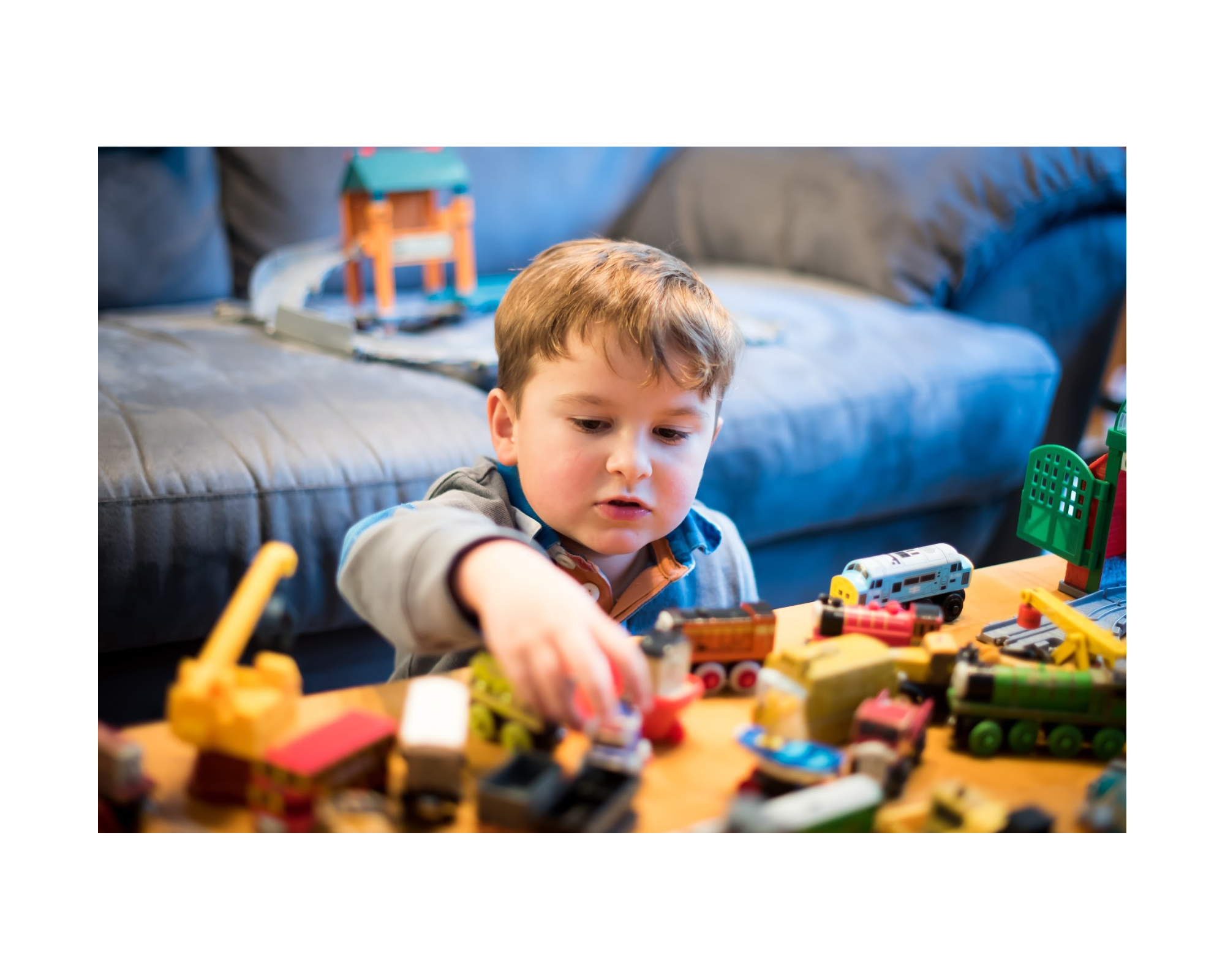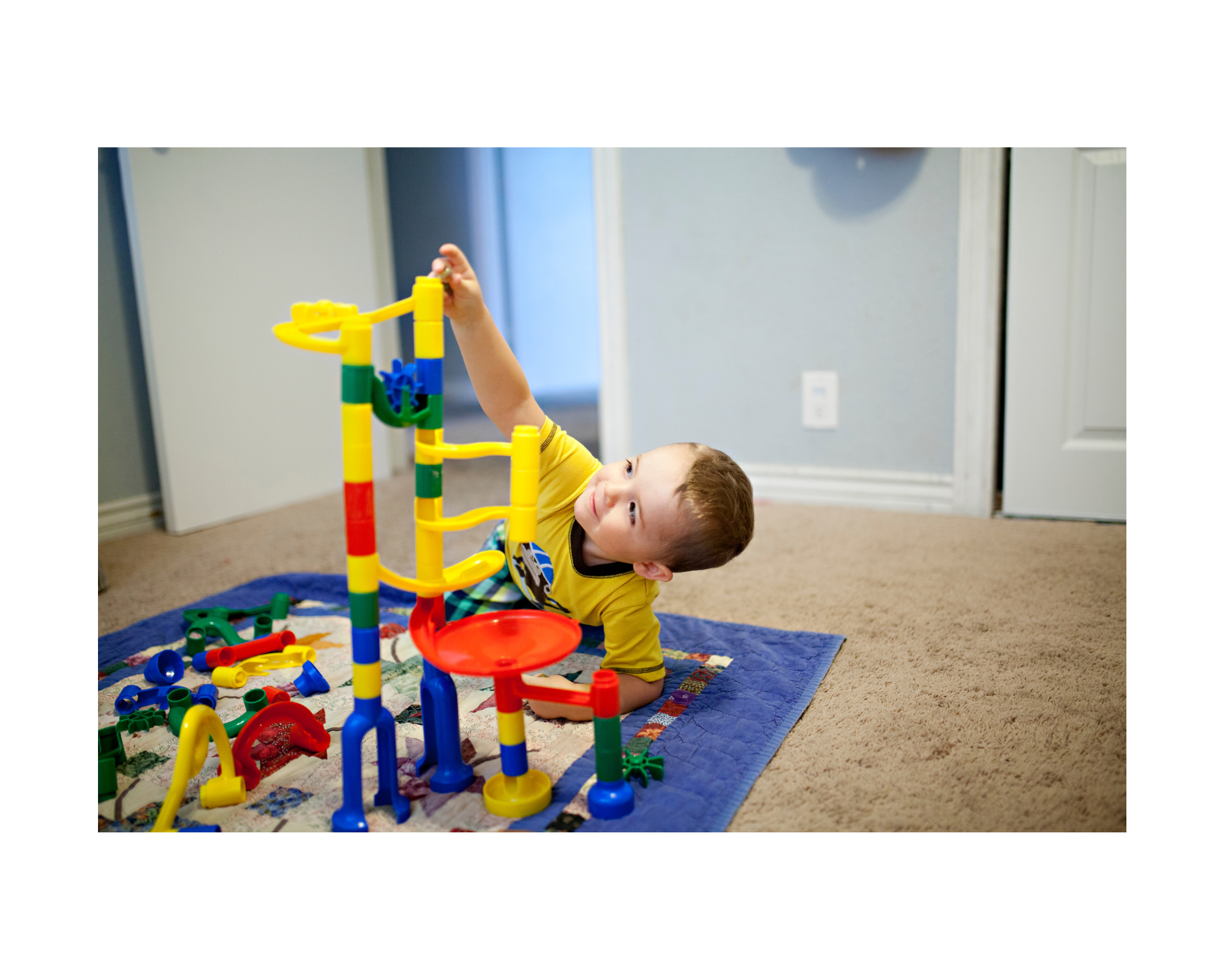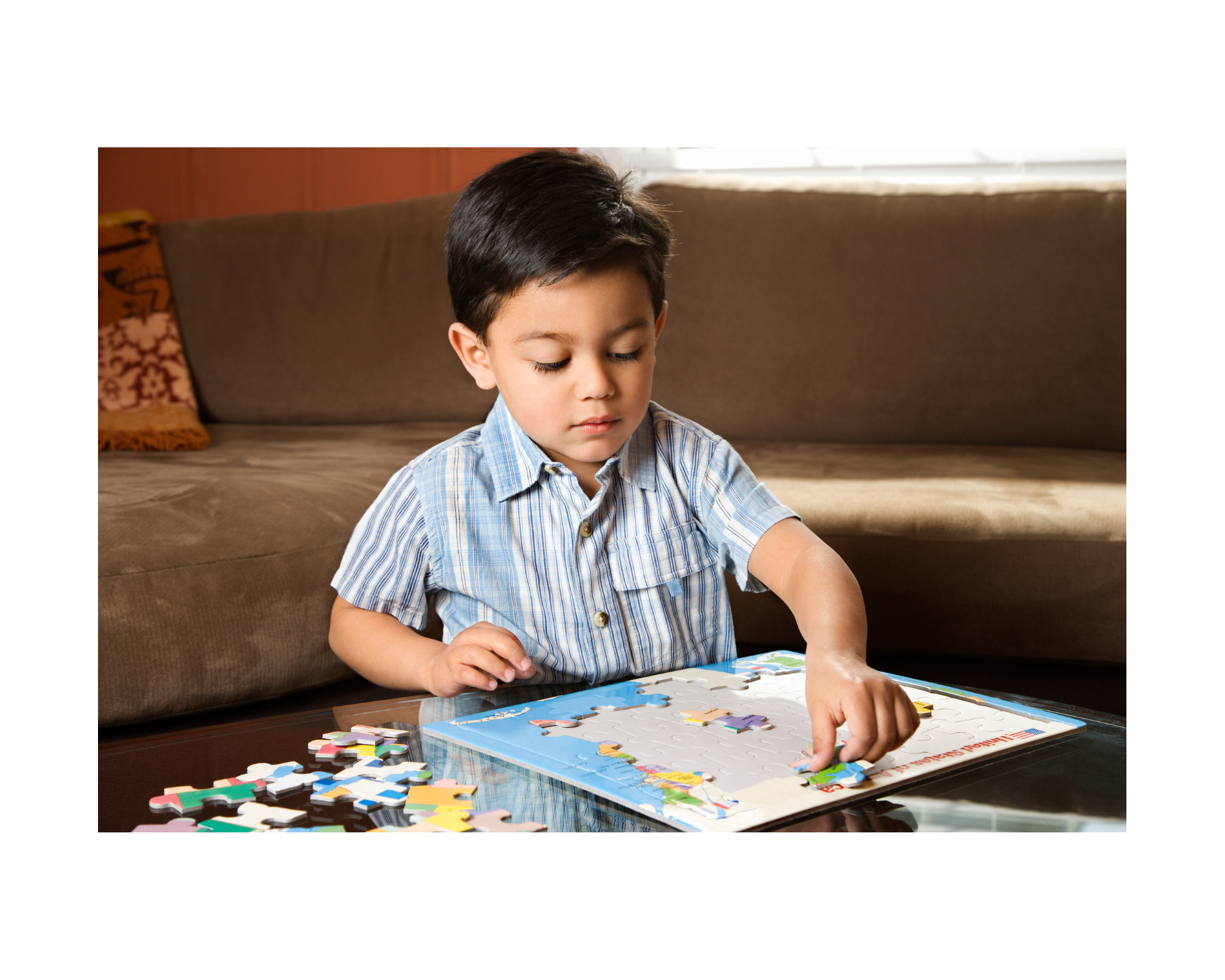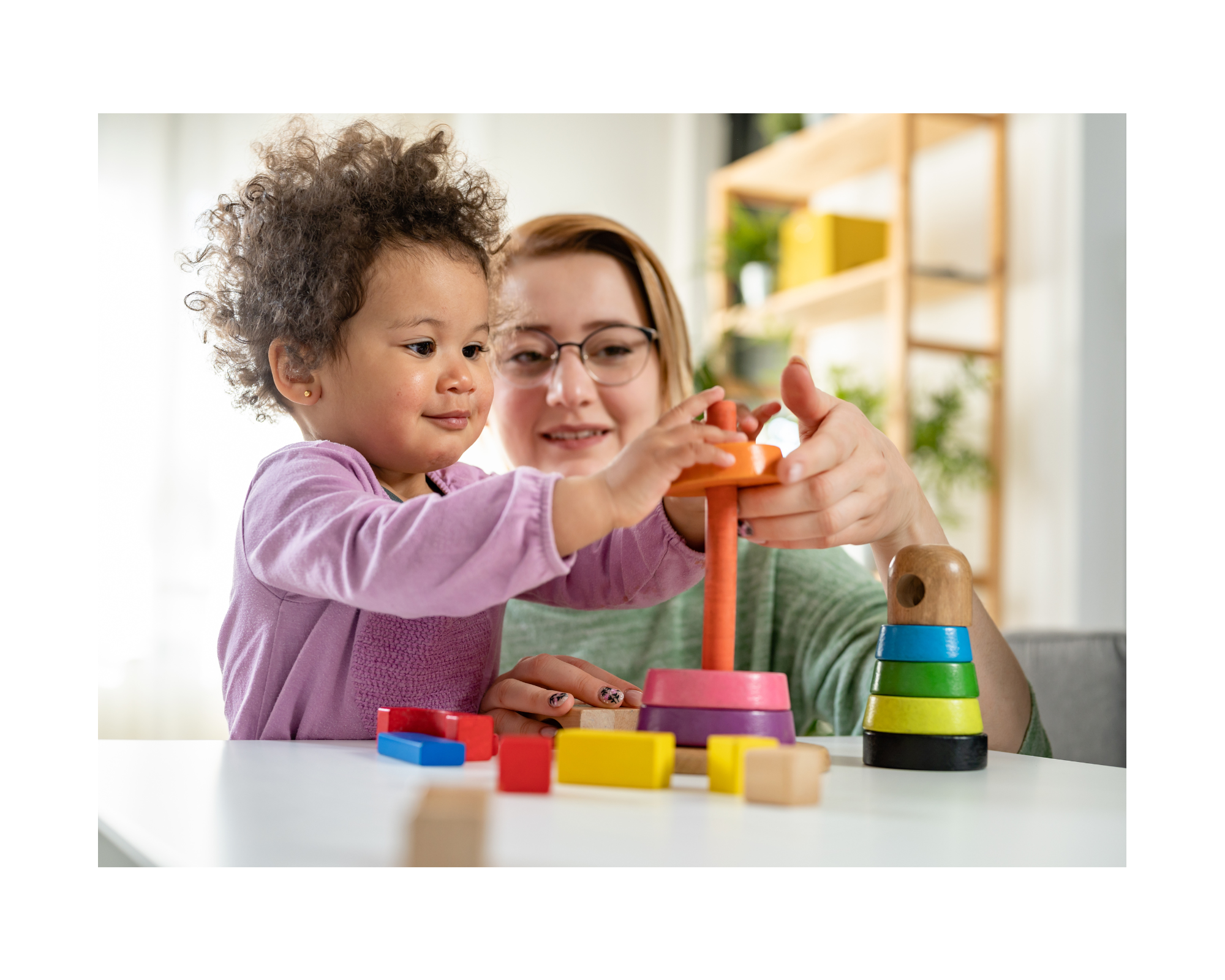Understanding Solitary Play in Child Development

When children are young, play is a crucial part of their growth and development. As they grow, they progress through different stages of play, gaining critical skills in each phase.
What is Solitary Play?
Solitary play, also known as independent play, is when a child starts to explore alone. At this stage, they haven’t learned how to socialize yet and prefer entertaining themselves over playing with others. This stage is characterized by exploration and self-entertainment.

Stages of Play
Solitary play is the second stage in researcher Mildred Parten’s six stages of play:
1. Unoccupied play
2. Solitary play
3. Onlooker play
5. Parallel play
7. Associative play
9. Cooperative play
Each child progresses through these stages uniquely, developing their own play preferences.
When Does Solitary Play Begin?
Solitary play is common among children aged three months to two years. During this stage, children play alone and interact with toys but typically aren’t interested in playing with others. Development timelines vary, so some children may enter or remain in this stage longer than others.

Importance of Solitary Play
Solitary play is vital for a child’s development, offering numerous benefits
1. Encourages Independence
Children learn to interact with toys independently, boosting their social independence and helping regulate separation anxiety.
2. Supports Self-Discovery
Playing alone helps children discover their likes and dislikes, aiding in building their sense of self.
3. Boosts Imagination and Creativity
Children decide how to play with their toys, fostering unstructured, imaginative play.
5. Teaches Self-Regulation
Children make their own rules during play, building confidence and a sense of control.
7. Promotes Problem-Solving
Independent play involves creating and solving problems, enhancing logical thinking and curiosity.
Examples of Solitary Play
Infants (Birth to 2 years) :
1. Sorting or stacking bowls or cups
2. Looking at bright pictures in board books
3. Holding and staring at a stuffed animal
4. Using a baby gym
5. Banging a surface with an object


Toddlers (2 to 3 years) :
1. Completing simple puzzles
2. Playing with blocks
3. Flipping through books
4. Shaking a rattle to produce noise
5. Playing pretend
6. Drawing and coloring
7. Holding a tea party with dolls


How to Support Solitary Play
Encourage your child to engage in solitary play with these tips:
1. Allow Independent Play
2. Provide Suitable Toys
3. Offer Open Space
4. Avoid Interference
5. Support When Needed

